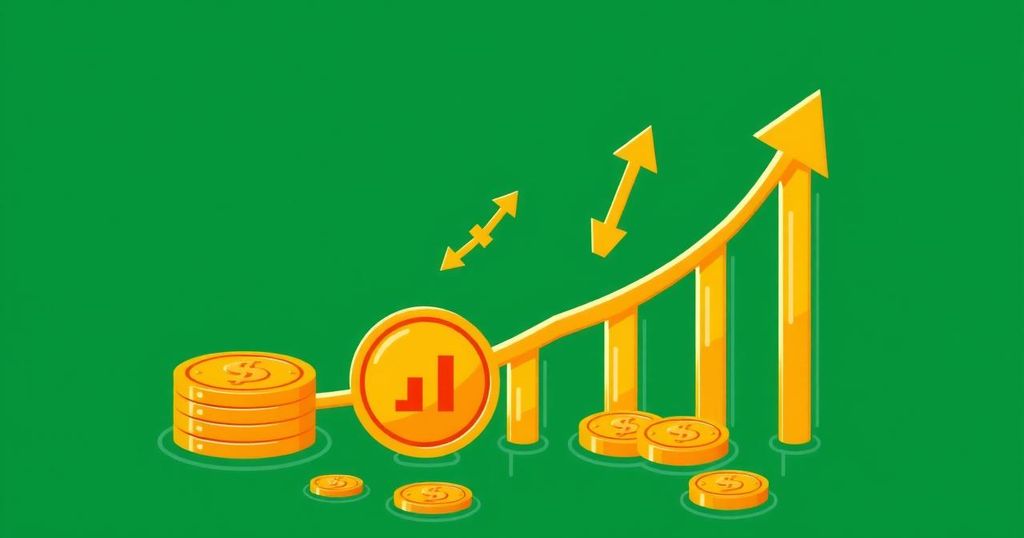Brazil’s government reaffirmed its 2025 GDP growth forecast at 2.3%, while increasing the inflation estimate to 4.9%. The central bank is expected to raise interest rates by 100 basis points to combat inflation. The 2026 forecast includes a growth of 2.5% and inflation slowing to 3.5%.
On Wednesday, Brazil’s government reaffirmed its 2025 GDP growth forecast at 2.3%, while slightly adjusting its inflation estimate to account for minor revisions in the economic outlook. According to the finance ministry’s economic policy secretariat, the country’s GDP growth is expected to decelerate in the latter half of the year following stronger activity in the first quarter.
Currently, Brazil’s central bank is engaged in a rigorous monetary tightening cycle aimed at controlling inflation. It is anticipated that policymakers will implement a third successive interest rate hike of 100 basis points, raising the rate to 14.25% later today.
The government’s revised inflation estimate for this year is set at 4.9%, a slight increase from the previous forecast of 4.8% made in February. While food price inflation is expected to subside towards the end of the year, the costs associated with industrial goods are predicted to accelerate.
The finance ministry expressed concerns over rising protectionism, influenced by tariff policies from the United States, which tend to elevate inflation levels. It also noted that this inflationary pressure might be alleviated by the adverse effects of increased uncertainty on overall economic activity.
Additionally, the finance ministry shared its preliminary forecasts for 2026, projecting a growth rate of 2.5% and an anticipated decrease in inflation to 3.5%. They also affirmed that growth around 2.5% is expected to persist in the coming years, with inflation approaching the central bank’s target of 3% from 2027 onward.
In summary, Brazil’s government has maintained a GDP growth forecast of 2.3% for 2025, while slightly raising its inflation prediction to 4.9%. The ongoing monetary tightening by the central bank aims to mitigate inflationary pressures, amid managed expectations for food and industrial goods prices. Looking ahead, the government anticipates GDP growth to remain steady at about 2.5% and inflation to align with the central target of 3% by 2027.
Original Source: www.marketscreener.com






